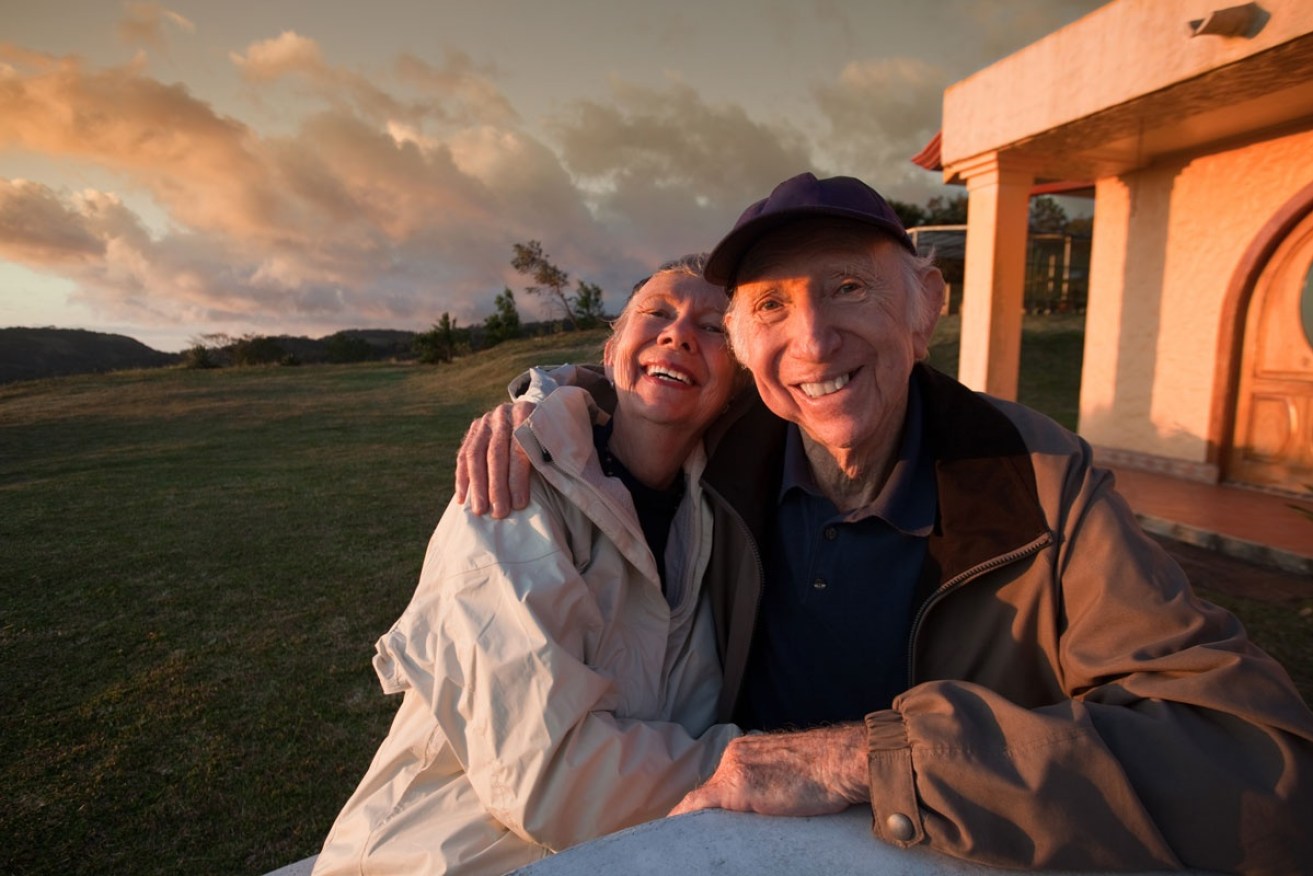In need of some heir? How to plan your estate

ShutterStock
Don’t worry about old age, the popular saying goes – it doesn’t last that long anyway. While shuffling off the mortal coil is a prospect that few of us like to contemplate, estate planning is one of the most important things you can do to protect the financial security of your loved ones. The catch is that it may not be as easy as it first appears.
“Wills are not being drafted correctly in the first place, due to a lack of education and training. Since the early nineties, no lawyer has had to learn about will or estate planning as part of their degree,” Tony de Kort, managing partner at Estate Planning Solutions in Brisbane, warns.
The raft of new superannuation rules, changing family dynamics, the different ways taxes can apply to certain assets and the rise of blended families has created an “almost an unsolvable problem” for anyone looking for cheap and easy answers from their family solicitor, or by using a kit from a newsagent, de Kort argues.
Be honest with yourself
De Kort recommends first taking time out to consider a comprehensive checklist of questions and issues and to talk these through with family members before finding a qualified specialist lawyer – someone who is a member of a professional estate planning association – so that everyone’s time is used effectively.
Many other financial planners are taking similar approaches.
Michelle Tate-Lovery, principal financial adviser at Unified Financial Services in Melbourne, says that clients often come to realise why they need an estate planning lawyer after initial discussions on the subject.
“We start by working out what a client owns and what they owe. Clients are surprised at what they don’t really own, and what assets are not covered by their will: Their superannuation, life insurance policies, even the family home,” Tate-Lovery says.
“We also ask them to draw a family tree – especially for blended family situations, it’s very important to understand that.
“And, maybe for the first time, the client realises that it’s not so simple.”
James Kenny, a financial planner at Tupicoffs in Brisbane, agrees that estate planning is “an essential element of a holistic financial plan”.
Sadly, not everyone sees it that way. Kenny says he’s seen some serious typos on wills affecting estates worth potentially tens of millions. (In one case, the phrase “I leave my whole estate to my spouse” was missing.)
“What we tend to find is that people who end up with poorly written wills haven’t gone to a solicitor who specialises in estate planning,” Kenny says.
“If we recommend a new will, we don’t close that action off until we’ve got a copy of a will.”
His firm will recommend lawyers and manage the process, but if you’re looking for your own expert lawyer, one way to improve the odds in your favour is to ask for references from other clients.
It also helps to ask the lawyer if they specialise in estate planning, Kenny says.
“A good estate planning specialist will be able to explain things in terms that you can understand. If you feel completely overwhelmed and confused after meeting with a solicitor, then you should seek a second opinion.”
Medical check-up
Rod Cunich, the national practice group leader for estate planning and wealth protection at law firm Slater & Gordon, said that people had to consider a number of issues when drawing up their will.
“People equate doing a will with estate planning, but that’s just one part of it, once you pass away. A will covers who looks after your estate, who the assets go to and how to make that happen, while paying the least amount of tax, with the least amount of disputes,” Cunich says.
Cunich, too, has a checklist to highlight what clients need to discuss with their lawyers, with an educational element. “Questions like: ‘Do you look after children who are not your own natural children?’ ‘Do you have a child or a spouse who has problems handling money?’ need to be answered before you walk into a solicitor’s office,” he says.
“If your lawyer isn’t able to suggest provisions in your will to address these types of issues, you should get up and walk out.”
Another important part of estate planning covers what to do if you lose the ability to look after your own financial and medical affairs.
Cunich also warns that nowadays, especially with people living longer, it may be that the surviving spouse remarries – after taking ownership of the family home and other valuable assets. But then time intervenes, maybe a second family comes into the picture and good intentions to look after the children from the first marriage are forgotten.
The lesson? As hard as it sounds, it’s best not to leave anything to chance or goodwill is the lesson.
Bernard Kellerman is an independent finance writer, bank-watcher and ex-accountant.
HELPFUL TIPS FOR PLANNING YOUR ESTATE:
To-do list:
• Be prepared before you meet any lawyer
• Set out your family tree, including blended family relationships
• Create a personal asset register – a balance sheet showing what you own and what you owe
• Think about any money that you might have loaned to anyone
• Write down your thoughts on what you’d like to leave to each child and grandchild
• Consider the Social Security impact your actions will have on beneficiaries
• List any properties you might like a partner or beneficiary to have a life interest, rather than having to sell up and move out – including holiday homes
• Decide who should be executor and why
• Make sure your will is drawn up by a solicitor who specialises in estate planning
• Don’t take the cheapest option as your beneficiaries night end up paying much more to execute a poorly written will
• Discuss all aspects of your will with your family, including what you’d like done with your remains and how it will be paid for
Give yourself a ‘Will Day’
Those people who do have a will often fail to update it when their personal circumstances change, warns Tony de Kort. One good way of making sure you keep on top of this is to set aside a ‘will day’ each year.
“On each birthday, do a quick check on what’s changed in the previous twelve months and, if necessary, make adjustments. This needn’t mean making out a whole new will, but simply deciding if changes need to be made and then implementing them,” he says.
Source: Tony de Kort, Your Will, Your Way








